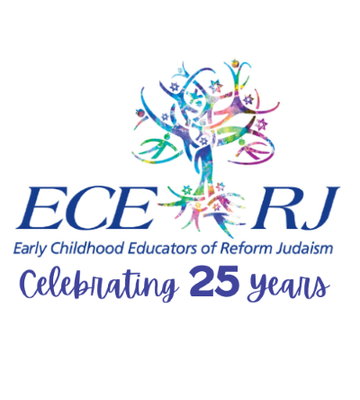The Pandemic Has Changed How Things Are Done
It is easy to take something you have done repeatedly for granted. For example, planning a staff meeting, providing professional development opportunities for teachers, or connecting families with congregational leadership. It does not take much each time you do it. Maybe a few tweaks here or there, but that is it. We almost never reinvent the wheel when it comes to such tasks.
The pandemic has really changed how things are done. We have had to completely reinvent very interaction, every activity, every step along the way has been uncharted territory. We are continually evolving and changing everything from welcoming families into the preschool and temple community to coordinating drop-off and pick-up. The way directors have had to work to engage and connect their staff in a virtual world, and how teachers have adapted to a new normal either in the classroom or in a virtual learning situation, is incredible.
There have been no blueprints or instructions to refer to when needed. Directors and teachers are relying heavily on each other to share what works and what doesn’t. ECE-RJ continues to play a vital role in figuring it all out.
We have worked to provide resources and support for members through:
- Publishing a monthly newsletter chock-full of ideas and information
- Producing the annual conference by shifting to a virtual format while still finding ways to build relationships and a supportive community
- Holding virtual professional development opportunities for teachers and directors, featuring the top experts in related fields and in partnership with organizations like Paradigm Project and the JCCA.
- Engaging in advocacy efforts to raise the pay and benefits of people in our field
- Providing online forums to network, share information, and ideas
- Providing consultative services for congregations going through a leadership staffing search and those needing guidance and support with their early childhood center. This includes re-evaluating a program, staffing, curriculum, COVID-19 processes & procedures.
- Hosting a national job board
ECE-RJ continues to be committed to building vibrant, contemporary, and inclusive educational communities whether we are in a pandemic or not. Our membership works to bring people together in our institutions and to ensure the radiant and sustainable future of Jewish Early Childhood Education. Please feel free to reach out for more information about what ECE-RJ has to offer and let us know how we can support the early childhood professionals in your congregation.
Tricia







